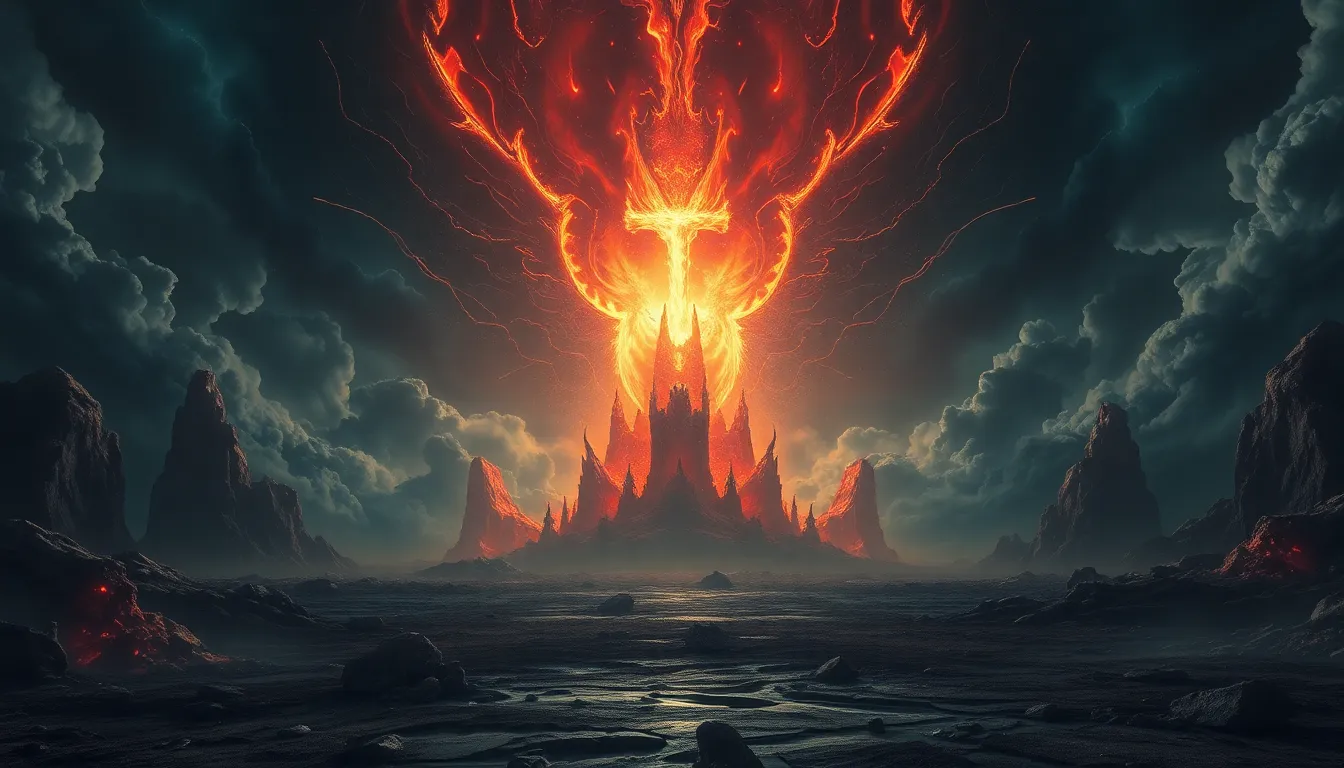Greek Mythology and the Concept of Endings
Greek mythology, with its rich tapestry of gods, heroes, and monsters, explores various themes that resonate with human experience. One such profound theme is that of endings. In this blog post, we dive into the realm of Greek mythology to unravel the significance of endings in these ancient tales.
Understanding Endings in Greek Mythology
In Greek mythology, endings are deeply intertwined with the cyclical nature of life and death. The concept of fate, as dictated by the Moirai or Fates, underscores the inevitability of endings. Heroes may meet tragic ends, gods may face downfall, and civilizations may crumble, all in accordance with the greater cosmic order.
Themes of Endings in Greek Myths
Endings are portrayed in various narratives as a means of transformation and renewal. For example, the story of the Phoenix, a mythical bird that is reborn from its ashes, symbolizes the cyclical nature of endings and beginnings. Similarly, the myth of Persephone’s descent into the underworld and eventual return signifies the changing seasons and the cycle of life and death.
The Morality of Endings in Greek Mythology
Endings in Greek myths often serve as moral lessons, highlighting the consequences of hubris, disobedience, or transgressions against the gods. The downfall of figures like Icarus, who defied the warnings of his father Daedalus and flew too close to the sun, reflects the dangers of overreaching pride and the ultimate price of arrogance.
Continued Relevance of Endings in Modern Times
While rooted in ancient storytelling, the concept of endings in Greek mythology remains relevant in modern times. These tales remind us of the impermanence of life, the importance of accepting endings, and the potential for new beginnings to emerge from closure. They offer timeless wisdom on facing change, loss, and the cycles of life.
FAQs about Greek Mythology and the Concept of Endings
What is Greek mythology?
Greek mythology refers to the body of myths and teachings that originated in ancient Greece. These myths often involve gods, goddesses, heroes, and mythical creatures who played significant roles in the lives of ancient Greeks.
How do Greek myths typically end?
Many Greek myths have tragic or bittersweet endings. These endings often involve the downfall of heroes due to hubris or fate, reflecting the complex and sometimes harsh realities of life depicted in Greek mythology.
What role do endings play in Greek mythology?
Endings in Greek mythology often serve as moral lessons or warnings about the consequences of certain behaviors or choices. They highlight themes of fate, justice, and the cyclical nature of life and human experiences.
Do all Greek myths have definitive endings?
Not all Greek myths have clear-cut endings. Some myths have open or ambiguous conclusions, leaving room for interpretation and speculation about the fates of the characters involved or the underlying messages of the stories.



